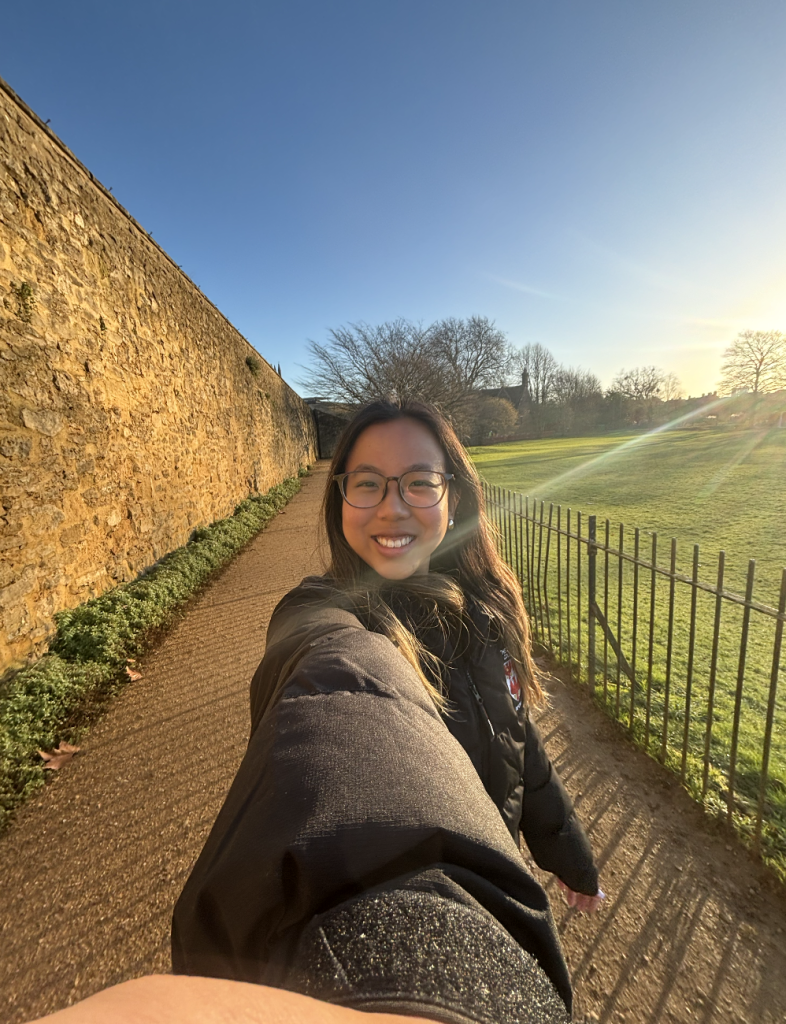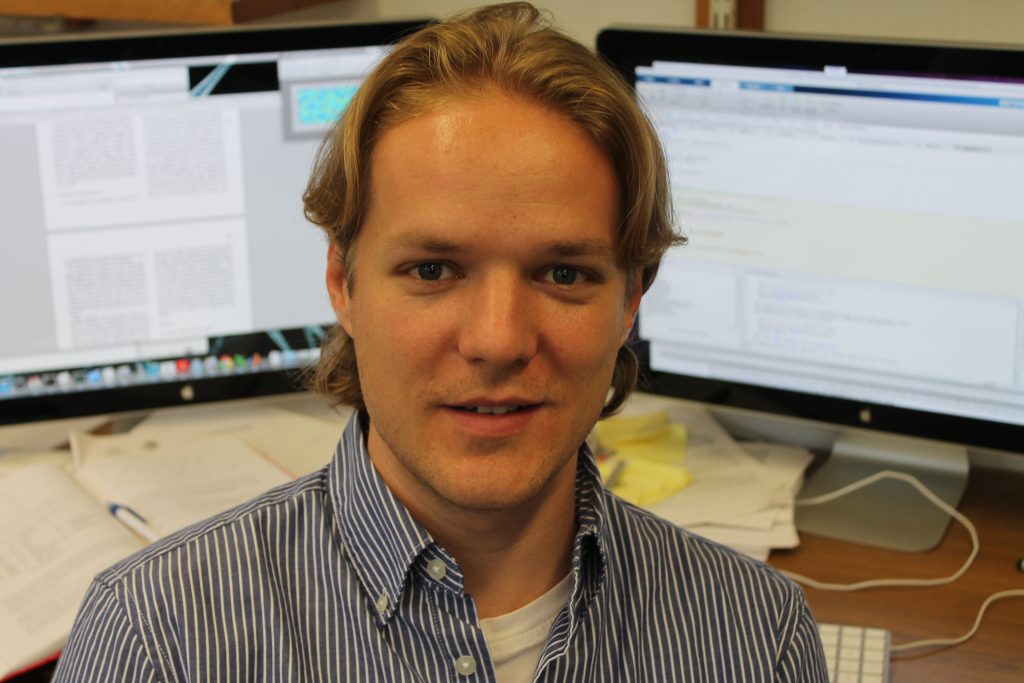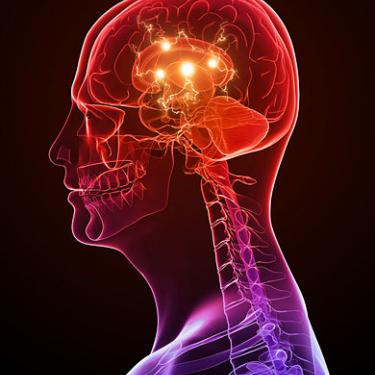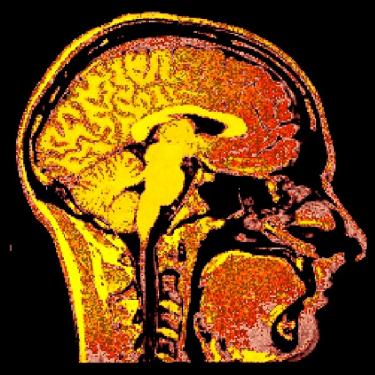Courses
- MSci Experimental Psychology (EP)
- MSci Psychology, Philosophy & Linguistics (PPL)
The courses and teaching
Experimental Psychology (EP) is the scientific study of behaviour, and this means that our course concentrates on theories about behaviour that rest on scientific evidence. If you read EP then our intention is that you will learn about this evidence and also learn how to gather such evidence for yourself.
At The Queen’s College, those reading Psychology, Philosophy & Linguistics (PPL) may combine the study of Psychology either with the study of Philosophy which is concerned with a wide range of questions including ethics, knowledge and the nature of mind, or with the study of Linguistics which is the study of language in all its aspects, including the structure of languages, meaning (semantics), how children learn language, pronunciation, and how people understand, mentally represent and generate language. Please note, when applying for PPL, that the aforementioned pairwise subject combinations each have different course codes (and also note that while Philosophy and Linguistics is also a permissible combination in the PPL degree, The Queen’s College does not admit students for this combination).
In the first two terms of the first year, EP and PPL students study for their Preliminary (i.e. qualifying) Examinations (which we refer to as ‘Prelims’) in three papers. EP students typically take Psychology, Statistics and Neuropsychology, whereas PPL students typically replace the Neuropsychology paper with either Philosophy or Linguistics (though other combinations are possible). As these first two terms of University life are formative periods for one’s degree level academic study, at Queen’s we strive to provide maximum support via in-house tutoring for Prelims: therefore, depending on your courses, you will likely have Introduction to Psychology tutorials from both our Psychology Fellow Professor Mark Buckley (who coordinates EP/PPL admissions) and our College lecturer in Psychology and Statistics (currently Dr Danielle Shore); you are also likely have Neurophysiology tutorials from our College lecturer in Neurophysiology (currently Dr Matthew Ainsworth), and if you take Linguistics you will likely have Linguistics tutorials from our Linguistics lecturer (currently Dr Joanna Przedlacka). We also have a Career Development Fellow in Philosophy (currently Dr Jules Salemone-Sehr) who provides both tutorials and oversight of the Philosophy courses that PPL students take.
Over the following three terms EP students take all of their ‘Final Honour School (FHS) Part I’ modules which cover a wide range of in-depth courses in Psychology stretching from physiological analysis of the brain to social psychology, with courses on perception, memory, thinking, child development, psychological disorders, language, and many other subjects in between. PPL students studying Psychology take a proportion of these modules, with the rest made up of either Philosophy or Linguistics courses (the exact proportion is a decision open to the student). In the third and final year the degree of specialization in the Experimental Psychology course at Oxford is much greater than that offered by most other universities as one can choose from a diverse range of ‘Advanced Options’ taught by outstanding and word-leading researchers and scholars; one can carry out an original research project and one may choose to replace one final year advanced option module/lecture course with an extended dissertation.
In all courses involving Experimental Psychology there is a commitment to the experimental analysis of behaviour. For these courses you will receive tuition from experts in these subjects who are tutors at a wide range of colleges including Queen’s’ own fellow and tutor in Psychology, Prof. Mark Buckley, whose expertise lies in the general fields of Behavioural/Cognitive Neuroscience and Neuropsychology/Neurophysiology (Prof. Buckley coordinates the Part I FHS course named Behavioural Neuroscience and if, like all EP and the majority of PPL students, you take this course in your second year then Prof. Buckley will likely be your expert in-house tutor in this subject). In addition to tutorial provision per se within Queen’s, your college tutor is also responsible for coordinating your tuition with tutors external to Queen’s and will act as your academic mentor and advisor, meeting you at least twice termly to advise you on academic matters and more, providing you with the opportunity to discuss and evaluate feedback on your progress, and helping you navigate difficulties of any kind that you may be experiencing.
In addition to Queen’s providing mentorship, Queen’s also provides many opportunities to interact informally, both academically and socially, with EP and PPL students in all three years. Queen’s EP/PPL students in all three years become members of ‘The Queen’s College Psychology Society’, a lively within-college society which meets once per term to engage in both academic-related and social events all aiming to further cement the EP/PPL subject ‘family’ within Queen’s. Old Members tend to remain in contact both formally with the college and informally via this popular society. Recent events include option discussion evenings where students may learn about what other students in the years above are doing in order to help guide individual decisions about option choices; there is also the opportunity to engage with a growing network of Old Members who have recently studied EP or PPL at Queen’s and who enthusiastically volunteer to advise current Queen’s EP and PPL students on career choices drawing upon their recent experiences. We also have our very popular ‘Queen’s College Psychology Society Dinner’ every Trinity term.
Admissions
Queen’s normally admits a total of four students each year to read EP and PPL combined. There is no fixed sub-quota of places ascribed to each course, and for both EP and PPL we consider students with any combination of A-level (or equivalent) subjects on an equal footing. However, like all colleges, we strongly recommend that candidates for EP/PPL have studied at least one of the science subjects e.g. Biology, Chemistry, Physics or Psychology and/or Mathematics at A-level (or equivalent). The college runs several open days each year and we warmly welcome potential applicants to come along and informally discuss any element of their application to read EP or PPL at Queen’s direct with the tutors; other enquiries outside of these events are also welcome and should be directed in the first instance to admissions@queens.ox.ac.uk.
Interviews
To be invited for an interview, a short listed applicant will need to have a very good track record of academic achievement, excellent A-level grade predictions (or equivalent), a strong UCAS reference and a good mark in our pre-interview admissions test (the TSA or Thinking Skills Assessment). Short-listing of applicants for interview uses criteria agreed across colleges and is based heavily upon academic attainment to-date and the results of the pre-interview admissions test. We also take full account of any individual circumstances, both academic and non-academic, which may suggest that the aforementioned assessment measures may significantly underestimate academic potential.
If you apply to Queen’s to read EP you will be interviewed in Experimental Psychology; if you apply to read PPL you will be interviewed in the two subjects out of the three you specify at the time of application that you wish to be considered for. Tutors will be looking for the following qualities at interview: clarity of analysis and presentation of ideas; ability to generate own ideas and propositions; ability to listen and respond to ideas put forward during discussion and to draw inferences from them; and ability to put forward coherent and well thought-out proposals and responses. Further, all our applicants will also be interviewed at another college too that is departmentally allocated (and cannot be specified by the applicant); this is to ensure that we have two independent interview assessments for every applicant to help ensure that the most able candidates get into Oxford as a whole irrespective of college of first choice. Although the interview understandably looms large on candidates’ minds, the post-interview decisions on who to offer places to read EP or PPL are not based solely or even predominantly on the interview, rather they are based upon performance across the full range of available indicators: public examination results to date (e.g. GCSE’s or equivalent), predicted or obtained A-levels or equivalent, the pre-interview admissions test, the interviews, and other relevant information on the application form.
For more information on how to apply and how we select applicants together with details of the pre-interview admissions test and qualification requirements, please see the Department’s Undergraduate Courses in Psychology page.




